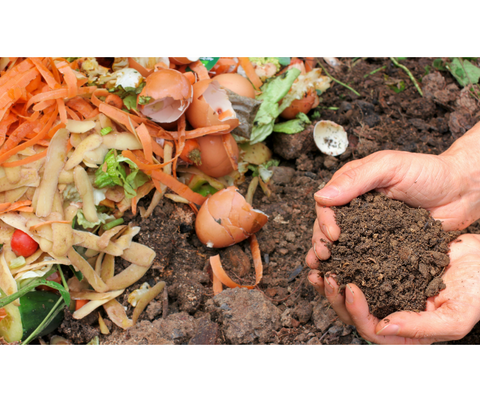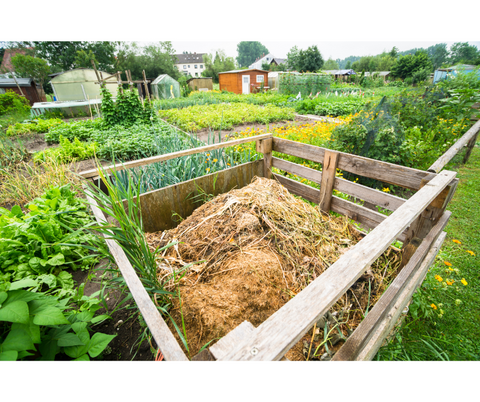In a world where environmental concerns are at the forefront of global discussions, every choice we make can have a significant impact on the health of our planet. One area where our decisions play a crucial role is in the realm of food consumption. Sustainable eating, characterized by conscious choices that prioritize environmental stewardship, is gaining momentum as individuals recognize the importance of reducing their carbon footprint and supporting a healthier ecosystem. In this guide, we'll explore the concept of sustainable eating and provide practical tips for making eco-friendly food choices.
Understanding Sustainable Eating

Sustainable eating goes beyond simply considering the nutritional value of food; it encompasses the entire lifecycle of food production, from farm to fork. This approach aims to minimize negative environmental impacts while promoting social responsibility and economic viability. Key principles of sustainable eating include:
- Supporting Local Farmers: Choosing locally sourced foods reduces transportation emissions and supports local economies.
- Opting for Organic: Organic farming practices prioritize soil health and biodiversity while minimizing the use of synthetic pesticides and fertilizers.
- Embracing Plant-Based Options: Plant-based diets have a lower environmental footprint compared to diets heavy in animal products, as they require fewer resources such as water and land.
- Reducing Food Waste: Minimizing food waste through proper meal planning, storage, and composting helps conserve resources and reduce greenhouse gas emissions.
Practical Tips for Sustainable Eating

- Shop Seasonally: Choose fruits and vegetables that are in season to reduce the energy required for transportation and storage.
- Support Sustainable Seafood: Look for sustainably sourced seafood certified by organizations like the Marine Stewardship Council (MSC) or the Aquaculture Stewardship Council (ASC).
- Reduce Meat Consumption: Incorporate more plant-based meals into your diet and opt for sustainably raised meat and dairy products when possible.
- Grow Your Own Food: Whether it's a small herb garden or a backyard vegetable patch, growing your own food can reduce reliance on industrial agriculture and promote biodiversity.
- Read Labels: Look for eco-certifications such as USDA Organic, Fair Trade, or Rainforest Alliance when purchasing packaged foods to ensure they meet sustainability standards.
- Minimize Packaging Waste: Choose products with minimal packaging or opt for bulk items to reduce plastic waste.
- Compost Food Scraps: Turn food waste into nutrient-rich compost for your garden, closing the loop in the food system and reducing landfill waste.
The Benefits of Sustainable Eating

Embracing sustainable eating practices offers numerous benefits, not only for the planet but also for personal health and well-being. By choosing foods that are produced in harmony with nature, individuals can:
- Reduce Carbon Footprint: Sustainable eating reduces greenhouse gas emissions associated with food production, transportation, and packaging.
- Support Local Communities: Buying locally sourced foods supports small-scale farmers and strengthens local economies.
- Promote Biodiversity: Sustainable farming practices help preserve biodiversity and protect ecosystems for future generations.
- Improve Health: Plant-based diets rich in fruits, vegetables, and whole grains are associated with lower rates of chronic diseases such as heart disease and diabetes.
In conclusion, sustainable eating is not just a trend; it's a necessary shift towards a more resilient and equitable food system. By making conscious choices about the foods we consume, we can play a vital role in nourishing both our bodies and the planet. Let's embrace the power of sustainable eating and become stewards of a healthier, more sustainable future.







